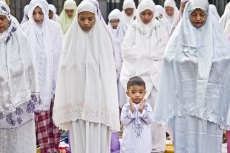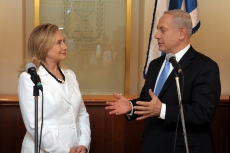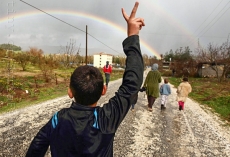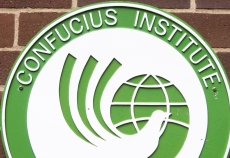The CPD Blog is intended to stimulate dialog among scholars and practitioners from around the world in the public diplomacy sphere. The opinions represented here are the authors' own and do not necessarily reflect CPD's views. For blogger guidelines, click here.

Lessons from the late Prime Minister of Singapore.

More from the MPD Indonesia delegation, this time on faith diplomacy.
![Photo reprinted courtesy U.S. Navy, by Photographer’s Mate 3rd Class Jacob J. Kirk [Public domain], via Wikimedia Commons An Indonesia family waits for food from the U.S. Navy and IOM.](https://uscpublicdiplomacy.org/sites/default/files/styles/blog-listing-230x140/public/uploads/US_Navy_050104-N-9293K-088_An_Indonesian_family_waits_for_food_and_humanitarian_relief_at_Sultan_Iskandar_Muda_Air_Force_Base_in_Banda_Aceh%2C_Sumatra%2C_Indonesia.jpg?itok=eXuqW0HM)
Listening with the International Organization for Migration in Jakarta.

Philip Seib on what the U.S. is getting wrong in the Middle East.

Turkey wants to be known as a humanitarian nation, but do its actions match up?

Twitter may be leveling the diplomatic playing field.

A review of Outpost: Life on the Frontlines of American Diplomacy by Christopher R. Hill.

Falk Hartig questions China's latest plan for their Confucius Institutes.
Pages
Visit CPD's Online Library
Explore CPD's vast online database featuring the latest books, articles, speeches and information on international organizations dedicated to public diplomacy.
POPULAR ARTICLES
-
January 29
-
January 20
-
January 28
-
January 2
-
January 8
Featured Blogger
Join the Conversation
Interested in contributing to the CPD Blog? We welcome your posts. Read our guidelines and find out how you can submit blogs and photo essays >.








